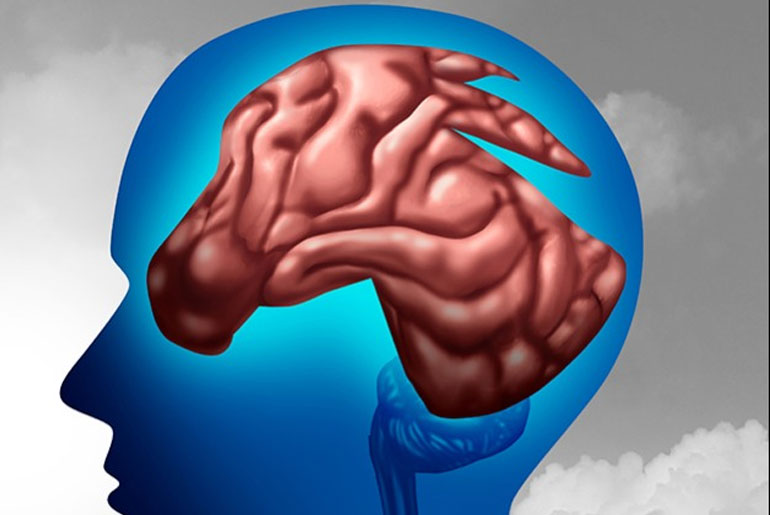A person’s political engagement is shaped by various factors, including education and environment. However, a groundbreaking study conducted by Northwestern University and Shirley Ryan AbilityLab has, for the first time, identified the brain networks that regulate political passion. The study examined Vietnam War veterans, both with and without brain injuries, to understand how specific brain structures influence the intensity of political feelings. By comparing individuals with localized brain lesions to those without, researchers pinpointed the brain regions that can amplify or diminish political intensity.
The study found that damage to the prefrontal cortex, a brain region responsible for reasoning and cognitive control, resulted in increased political passion. In contrast, damage to the amygdala, a structure crucial for processing emotions, led to a decrease in political intensity. These findings remained consistent even after controlling for variables such as age, education level, political affiliation, personality traits, and other neuropsychiatric factors.
Recognizing these neurological influences provides insights into how individuals can engage in political discussions more constructively. For example, one recommended approach is to engage in debates while minimizing emotional attachment. Another strategy is to adopt the perspective of an opposing viewpoint to foster understanding. Collaborative efforts on mutually agreeable issues may also help in depolarizing political discourse.
“While most people have not sustained brain injuries akin to those experienced by the veterans in the study, our findings tell us what neural circuits are at play for the population at large,” stated senior author Jordan Grafman, professor of physical medicine and rehabilitation at Northwestern University Feinberg School of Medicine and director of brain injury research at Shirley Ryan AbilityLab.
“We didn’t find brain networks tied to liberal or conservative ideology, but we identified circuits that influence the intensity of political engagement across the political spectrum,” Grafman attached. “This suggests that factors like emotion shape how pre-existing political beliefs are expressed, rather than determining ideology itself.”
Beyond political engagement, the study has clinical implications. Currently, neuropsychiatric evaluations rarely consider shifts in political behavior, but lead researcher Jordan Grafman suggests they should. He argues that, like other aspects of social behavior, assessments should include questions about changes in political attitudes following brain injuries. This could offer a broader understanding of how neurological damage influences social and cognitive functions.
The research was part of the Vietnam Head Injury Study, a long-term investigation into the neurobehavioral effects of combat-related brain injuries. Grafman has overseen this study since his tenure in the U.S. Air Force. Between 2008 and 2012, his team conducted extensive behavioral assessments on Vietnam War veterans, examining their political beliefs and the intensity of their political emotions. These assessments took place approximately 40 to 45 years after the veterans sustained their injuries. Participants were asked to report both their current political attitudes and recollections of their pre-injury political views.
The study involved 124 male U.S. military veterans who had experienced penetrating head trauma and 35 combat-exposed veterans who had not sustained brain injuries. To analyze the effects of brain damage, researchers employed lesion network mapping, a neuroimaging technique that identifies how specific brain lesions connect to broader neural circuits. Using this method, scientists linked different brain networks to political beliefs based on behavioral data. The study’s findings provide valuable insights into the neurological foundations of political engagement and highlight the role of brain structure in shaping political intensity.
Grafman, who has also studied links between the biological and cognitive underpinnings of religious fundamentalism, says understanding the brain’s role in shaping beliefs “allows us to better assess meaningful aspects of life for patients and healthy individuals.” Additionally, he states, “we expect this research will point to ways we can assist patients in recovering from brain injuries.”
Disclaimer:
The information contained in this article is for educational and informational purposes only and is not intended as a health advice. We would ask you to consult a qualified professional or medical expert to gain additional knowledge before you choose to consume any product or perform any exercise.







